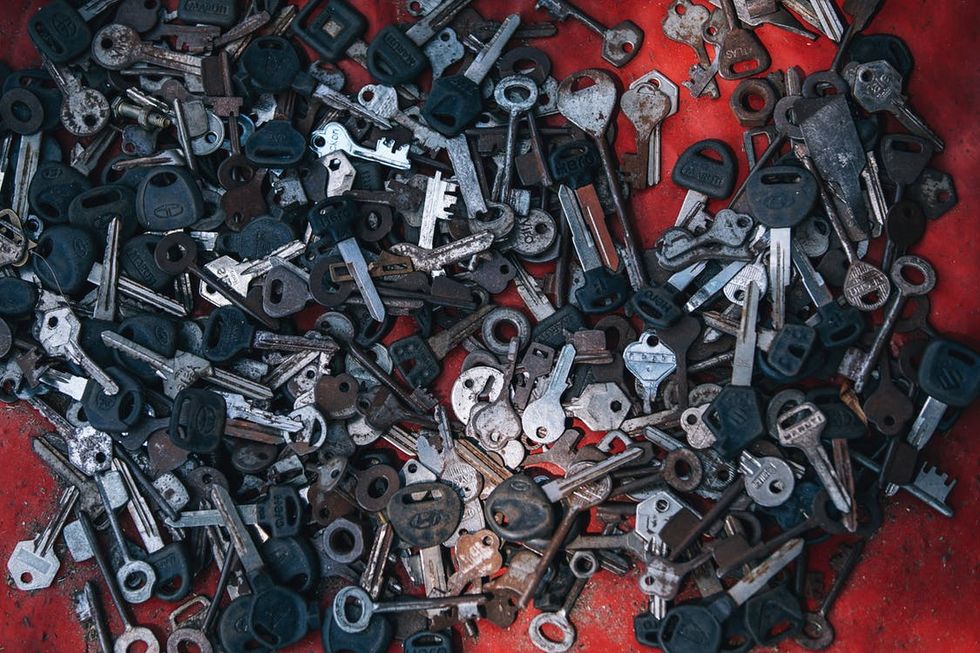I’ve never fit the mold for a stereotypical kid, even when I was little. When I was in first grade, I memorized the U.S. presidents in order from first to last out of a dictionary, because I thought it was fun. A year later, I proceeded to memorize Shel Silverstein’s “Sarah Cynthia Sylvia Stout” and would recite it during normal conversation. To this day, I find myself enjoying odd activities, like solving Rubik’s cubes and random trivia. Though society often doesn’t like people who are different, I’ve only recently begun to accept myself for being different from my peers.
I always knew that there was something a bit different for me than my friends; I didn’t like the same things, I liked being alone. Until I got to college, I never realized how hard it is to be different. Now I understand why being different is being so hard. We all want to be the same. A few people pick up a pair of Crocs, then suddenly it becomes a trend, and everyone else has to have them. But this only happened because these individuals chose to define this action as “cool.” Isn’t striving for similarity just as impactful as being different?
Ever since I was little, I always wanted to be like my peers. I would try to wear the same clothes, play the same sports, and do everything the same way as my friends. But it was all a facade. I was like a sheep following a shepherd. I insisted that I wasn’t trying to be like my peers, but I know now that was a lie. And if I didn’t try to be like my peers, I would have been ostracized even more than I already was. But through being ostracized, however, I found strength.
It can often be tough to feel like an outsider. There are many times when people don’t understand the points I make or the questions I ask. But I have also gained new perspective on being “different." Difference is what makes up our reality. As much as we try to categorize people, by placing labels on so many arbitrary characteristics, our differences are what makes us tick and work as a society. Difference is what allows some people to be good firefighters, others to be police officers, and others to be lawyers. If we were truly all the same, we wouldn’t have a cohesive society.
Personally, I believe that difference should be acknowledged, and not frowned upon nor put on a pedestal. I never wanted to be different, but as soon as I realized that I was, I never wanted to be the same again. Embrace your uniqueness. We don’t all have to look the same, act the same way or dress the same way to be members of society. I know this what society tells us at this moment, but you are valid the way you are. You are enough in any way, shape or form. You belong, no matter how different you think you are.















